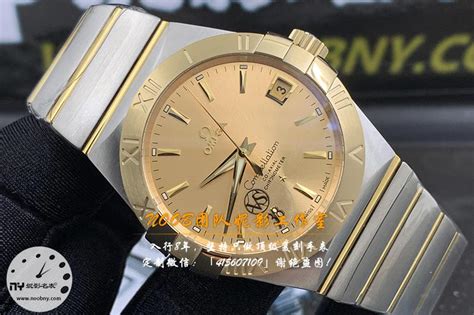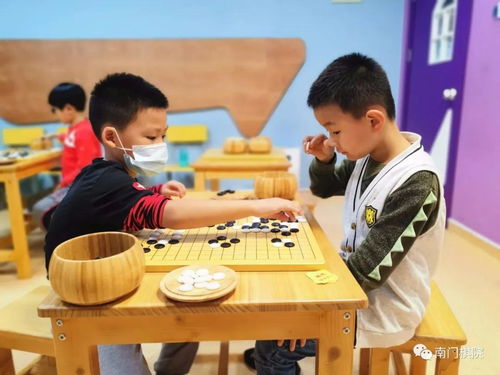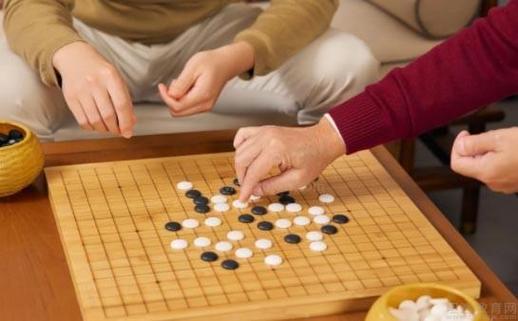Title: Understanding the Structure of Amateur Go Tournaments

In the realm of amateur Go tournaments, the grading system is structured into various segments called "dan" and "kyu" ranks. These ranks serve as indicators of a player's skill level, helping to ensure fair matchups and promote balanced competition. Let's delve into the intricacies of these ranks and how they define the landscape of amateur Go tournaments.
Understanding Dan and Kyu Ranks
In the world of Go, players are classified into two main categories: dan and kyu ranks. Dan ranks are reserved for more advanced players, while kyu ranks encompass those who are still improving their skills. The numerical value associated with each rank signifies the player's proficiency, with lower numbers indicating higher skill levels.
Dan Ranks:
Dan ranks start from 1st dan, denoting a highly skilled player, and progress upwards, with the highest attainable rank being 9th dan. Achieving higher dan ranks requires not only strategic mastery but also a deep understanding of Go principles and tactics.
Kyu Ranks:
Kyu ranks are denoted by numbers starting from 30 kyu and descending towards 1 kyu. Beginners typically start at higher kyu ranks, such as 30 kyu or 25 kyu, and work their way down to 1 kyu as they improve. Advancement from one kyu rank to the next signifies progress in skill and understanding of the game.
Segmentation of Amateur Tournaments
Amateur Go tournaments are often segmented based on players' ranks to ensure balanced competition and a fair playing field. Here's a breakdown of how these tournaments are structured:
1.
Dan Tournaments:
These tournaments are exclusively for players with dan ranks. They may include various categories based on dan level, such as 1st3rd dan, 4th6th dan, and so forth. Dan tournaments offer highly competitive environments where skilled players can test their abilities against peers of similar rank.2.
Kyu Tournaments:
Similarly, kyu tournaments cater to players with kyu ranks. They are segmented into different categories, such as 3025 kyu, 2420 kyu, and so on, to ensure fair matchups based on skill level. Kyu tournaments provide newer players with valuable experience and the opportunity to hone their skills in a supportive setting.3.
Mixed Tournaments:
Some tournaments may combine both dan and kyu players, allowing individuals of different skill levels to compete against each other. These mixed tournaments often adopt handicap systems, where stronger players give handicaps to weaker opponents to even out the playing field.Recommendations for Amateur Players
For amateur Go players looking to participate in tournaments, here are some key recommendations:
1.
Know Your Skill Level:
Understand your dan or kyu rank accurately to identify the most suitable tournaments for your skill level. Participating in tournaments aligned with your rank will provide meaningful competition and opportunities for growth.2.
Seek Improvement:
Regardless of your current rank, focus on continuous improvement and learning. Analyze your games, study professional matches, and seek guidance from experienced players or coaches to refine your skills.3.
Participate Actively:
Engage in local and regional tournaments regularly to gain experience, build confidence, and expand your network within the Go community. Playing against a variety of opponents will expose you to diverse playing styles and strategies.4.
Embrace Challenges:
Don't shy away from competing against stronger opponents or entering higherranked tournaments. Facing tougher competition can accelerate your progress and highlight areas for improvement.5.
Maintain Sportsmanship:
Whether you win or lose, always display good sportsmanship and respect towards your fellow players. Building positive relationships within the Go community fosters a supportive and welcoming environment for everyone involved.In conclusion, the structure of amateur Go tournaments revolves around dan and kyu ranks, with tournaments segmented to accommodate players of varying skill levels. By understanding these ranks and actively participating in tournaments suited to their level, amateur players can embark on a rewarding journey of growth and development in the game of Go.











